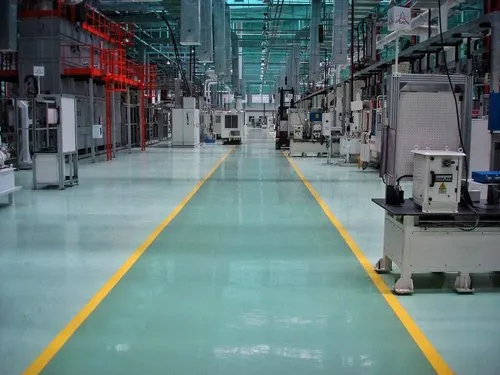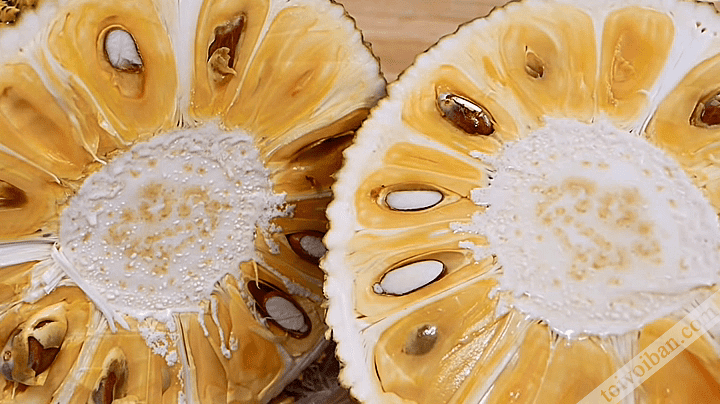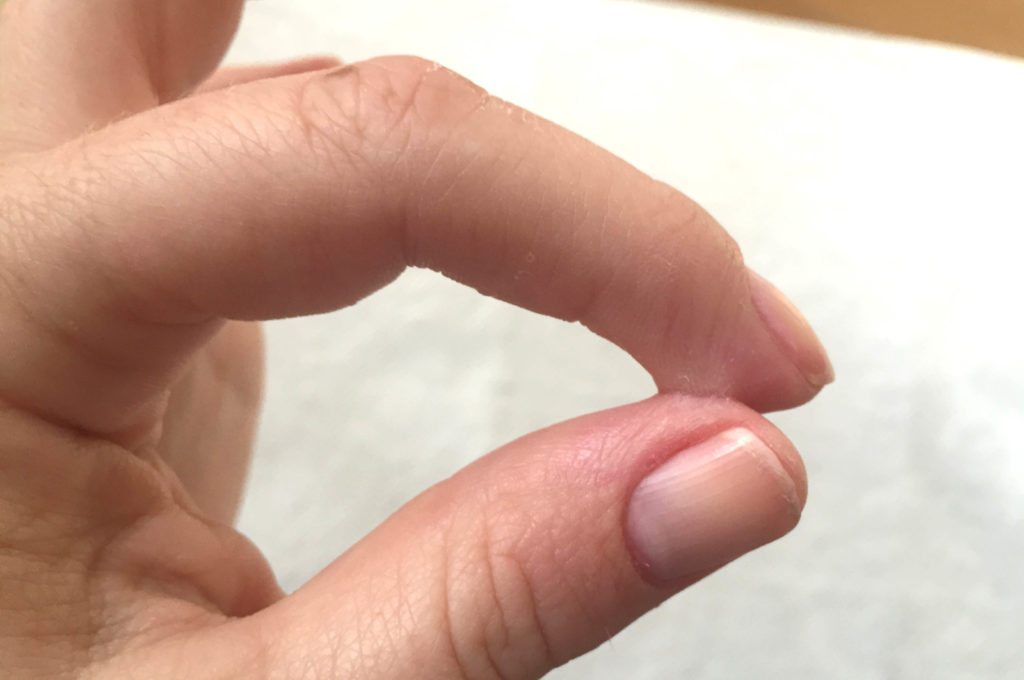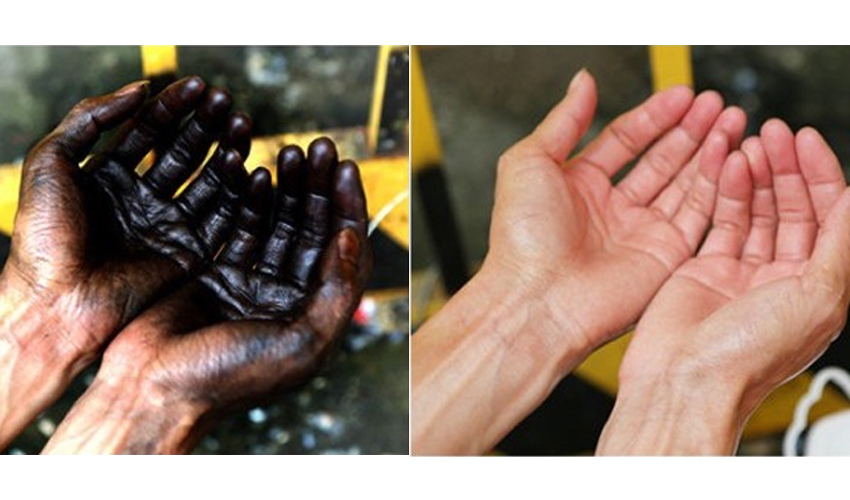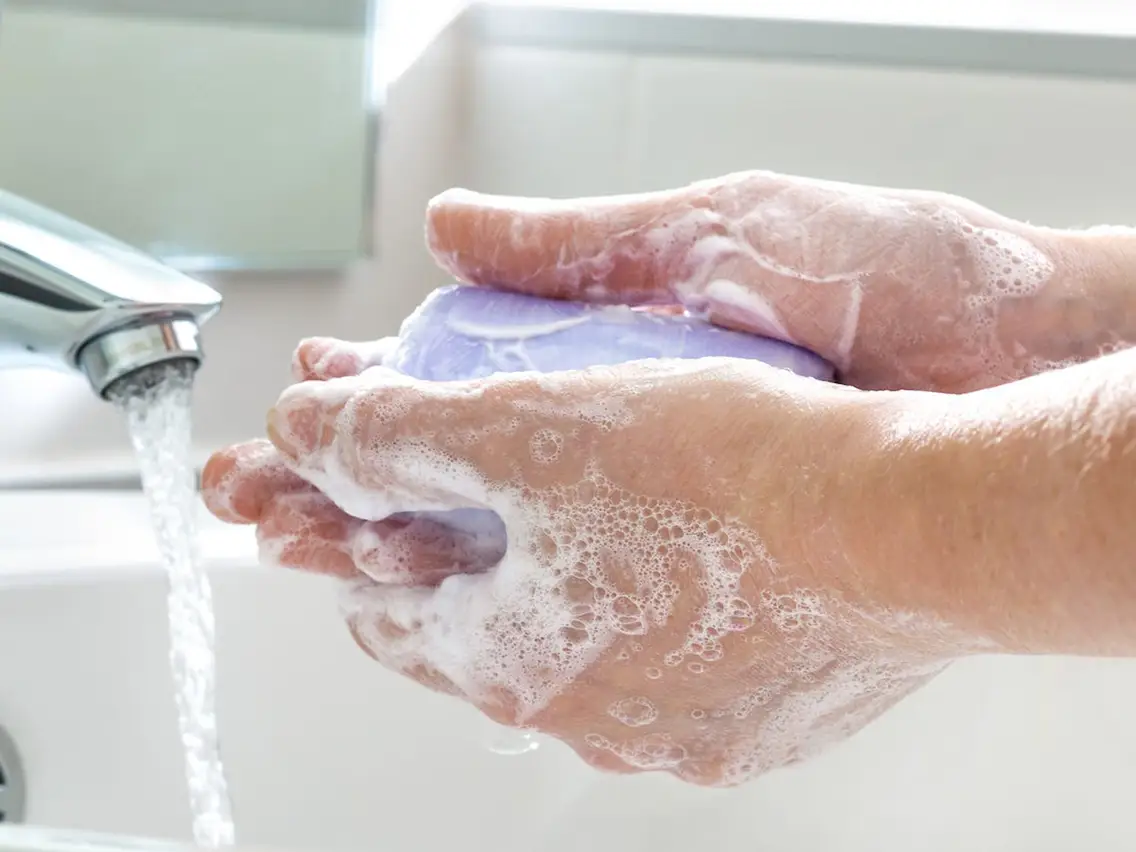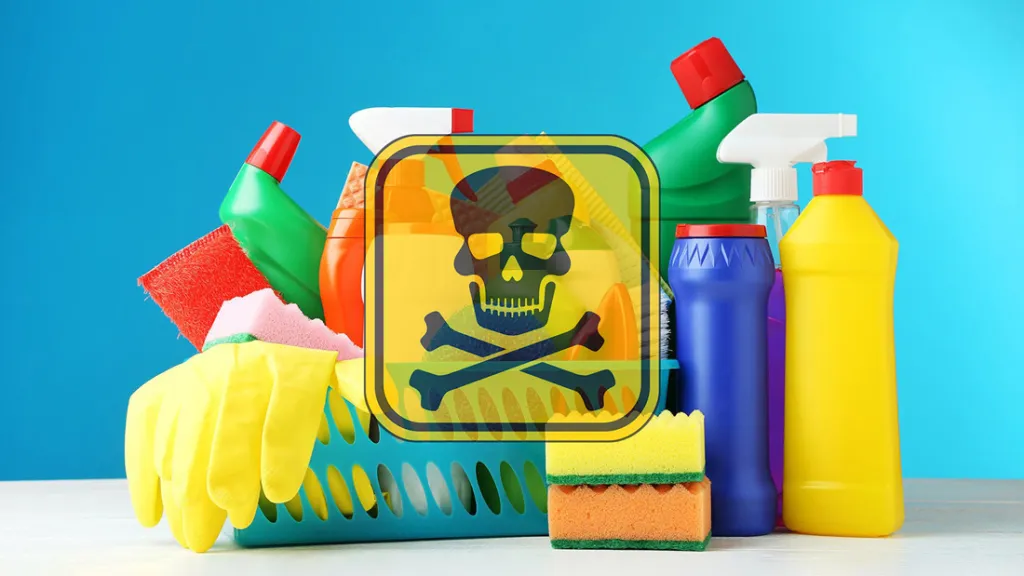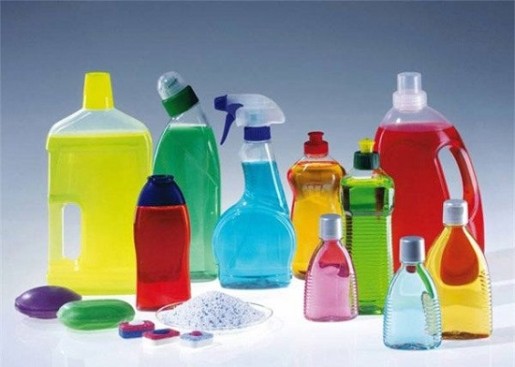Batteries and familiar items in every household. They provide electricity for household items such as remotes, flashlights, toys, etc. However, batteries cannot be disposed of like conventional waste disposal methods. We can’t just throw batteries in the trash, because batteries are very harmful to the environment. So, Qualitas DC will share with you the safest ways to dispose of used batteries.
Harm of batteries to the environment
Batteries or accumulators, when finished, will be listed as hazardous waste and are difficult to decompose. The battery contains heavy metals that are difficult to decompose in the environment. If only conventionally buried, these heavy metals seep into the soil and groundwater, causing soil and water pollution. Even if burned, the hazardous components in the battery will rise into toxic smoke, or the toxins left in the ash will pollute the air.
Some of the heavy metals in batteries can be mentioned as:
Mercury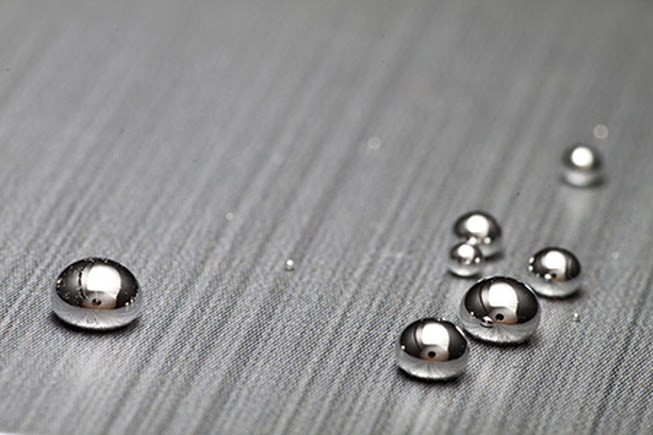
Mercury is a heavy metal in liquid form, very toxic, insoluble in water and can readily evaporate at room temperature. If you bury a battery in the ground, the mercury in it can contaminate 500 liters of water or 1 cubic meter of soil in 50 years.
If accidentally inhaled, humans will be poisoned with mercury. Mercury poisoning can cause a lot of damage to the liver, brain, lungs, heart and nerves when people are exposed to, breathe in or ingest it.
Lead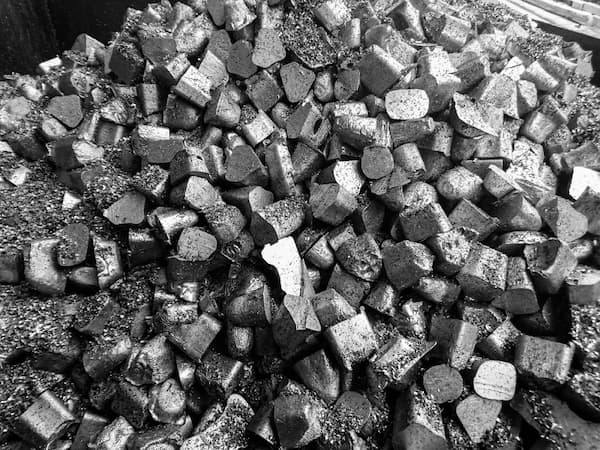
Small amounts of lead leave serious harm to the body. It tends to displace all other useful metals in the human body.
- Taking the place of calcium in the bones, causing calcium deficiency, bone decay
- Displaces zinc and calcium in proteins
- Displacement of calcium in brain electrical impulses
- Replacing iron in the blood…
Lead poisoning in the body will disrupt or stop the normal biochemical reactions in the body.
- In children, lead causes rickets, grow retardation
- In adults, lead causes high blood pressure, damages blood and bones, causes dementia and reduces thinking ability, reduces spermatogenesis, even infertility, reduces kidney function…
- For pregnant women, lead poisoning puts the fetus at risk of growth retardation, increased rate of premature birth, and miscarriage.
Patients in the early stages of the disease will have some symptoms such as headache, decreased concentration, prolonged difficulty sleeping, nausea, diarrhea, …
Zinc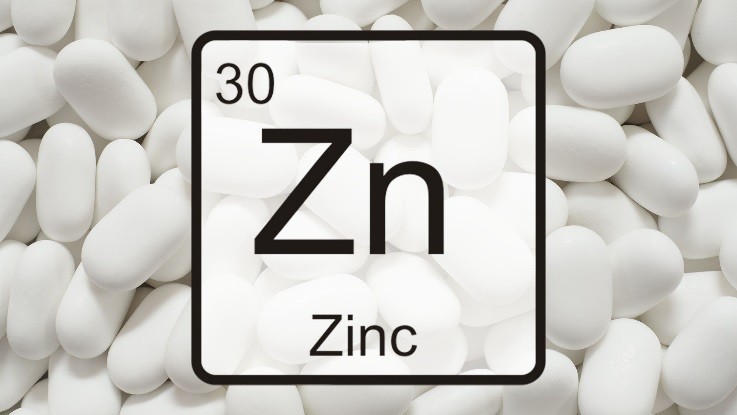
When zinc poisoning, patients often show signs of loss of appetite, vomiting a lot, a weakened immune system and possibly intestinal bleeding. The general state of the body is often unstable, or trembling, the level of natural reflexes is reduced, sometimes paralysis. Chronic toxicity can lead to copper deficiency and possibly nerve damage.
When the body is poisoned by zinc, the patient will have signs of vomiting, or shivering, a decrease in the level of natural reflexes and sometimes paralysis.
Cadmium
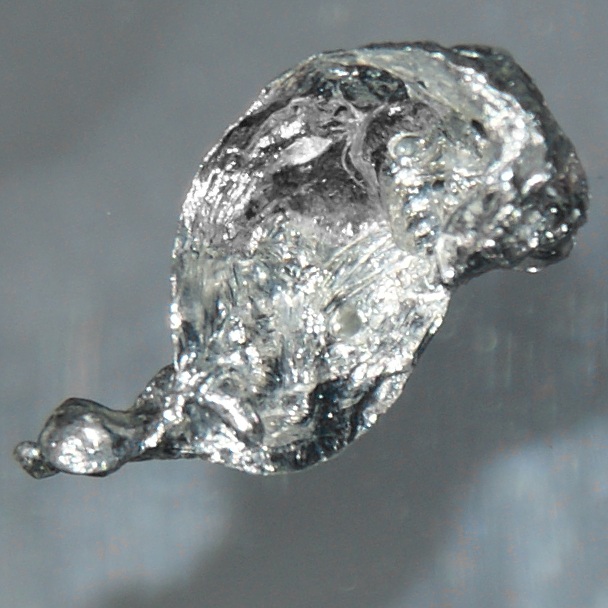
Cadmium is a metal with the symbol Cd, relatively rare, soft, blue-white and toxic, often found in zinc ores and used mainly in batteries.
When Cadmium enters the human body, it can cause diseases such as osteoporosis, anemia, liver and kidney failure and many types of cancer such as prostate cancer, lung cancer. For pregnant women, cadmium poisoning will increase the risk of causing malformations to the fetus.
If Cd is infected through the respiratory tract, within 4-20 hours, you will feel angina, shortness of breath, cyanosis, high fever, slow heart rate… In addition, when inhaled dust containing Cd will quickly lead to Cd infection. to problems with the respiratory system and kidneys, which can lead to death (usually from kidney failure).
If Cd is infected through the digestive tract, it will cause nausea, vomiting, abdominal pain, and diarrhea.
Ways to dispose of used batteries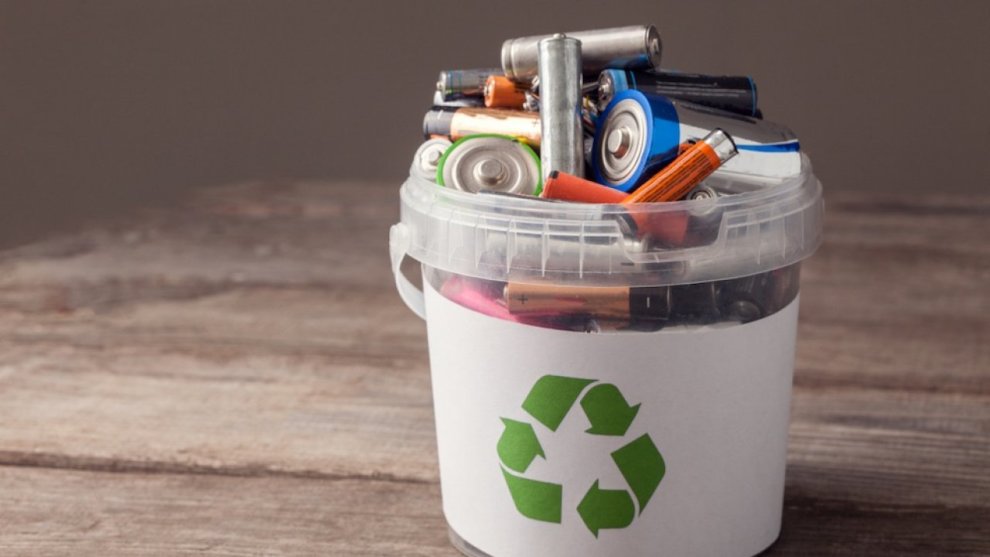
Used batteries can be sent for recycling. Therefore, for used batteries or accumulators, find a dry, clean and out of reach of children for temporary storage, and then immediately transfer them directly with notice to the household waste collectors so workers can sort it and return it to a recycling service.
Sorting batteries before recycling helps with the recycling process. There are different ways to recycle batteries. However, the end goal is the same to recover the raw materials used to make batteries. These materials can be reused to make other items.
Currently, in convenience stores, banks, building receptions, etc., there are also places that provide battery collection services. Some places even give you some small gifts when you supply these batteries. So, after use, please pack these batteries and send them back to these services.
See more: 4 simple and effective ways to clean the fire grill


